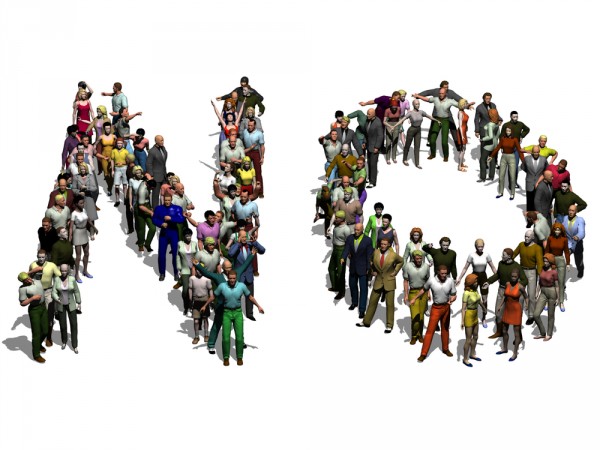How social media bubbles are driving political anger

How could Donald Trump be elected president? Judging by Facebook and Twitter a lot of people are asking that question this week. The same thing happened in the UK back in June when many people struggled to understand how the country could have voted for Brexit.
When everyone you're friends with online reinforces your world view it's easy to convince yourself that most of the world thinks as you do. It comes as a bit of an awakening therefore to discover it isn't the case and that -- shock! -- there may be people who vote that aren't even on social media at all.
Of course these filter bubbles exist in the wider world too, we tend to hang around with people from similar backgrounds to ourselves, but these groups are much smaller. Similarly, although traditional mass media like newspapers has a political bias it does tend to feature columnists with opposing views occasionally.
The internet has made it a lot easier to interact only with people 'like us' to the exclusion of opposing views. Social media acts as an echo chamber and where you could once have had people dispute your views in the comment threads of news media sites these are increasingly being shut down because of the costs and complexities of moderation.
Tom Steinberg, founder of the mySociety digital democracy group, noted on Facebook after the UK referendum result "This echo-chamber problem is now SO severe and SO chronic that I can only only beg any friends I have who actually work for Facebook and other major social media and technology to urgently tell their leaders that to not act on this problem now is tantamount to actively supporting and funding the tearing apart of the fabric of our societies. Just because they aren't like anarchists or terrorists -- they're not doing the tearing apart on purpose -- is no excuse -- the effect is the same, we're getting countries where one half just doesn’t know anything at all about the other".
We're seeing this problem spilling out of social media into the real world too. Universities used to be places where you went to have your views challenged by learning to assess opposing positions. Yet increasingly we see student unions seek to 'no platform' speakers with controversial opinions and there have to be 'safe spaces' lest delicate young ears be assaulted by views they don't like.
We're in a situation where social media, which is intended to bring us together, is actually creating divisions in society. Dr Max Wilson of the University of Nottingham School of Computer Science explains how social media bubbles work in a YouTube video below. He points out that while social media allows us to share our views more widely, it also lets us concentrate our filter bubble still further by turning off posts we don't like or un-friending people with opposing views.
The question is, what do we do about it? Steinberg believes that social networks themselves need to act, "It's in the power of people like Mark Zuckerberg to do something about this, if they're strong enough and wise enough to swap a little shareholder value for the welfare of whole nations, and the world as a whole".
Can we tackle the problem? Or do we have to put up with the fact that following elections in future there are going to be many more sore losers?
Photo Credit: diez artwork/Shutterstock
